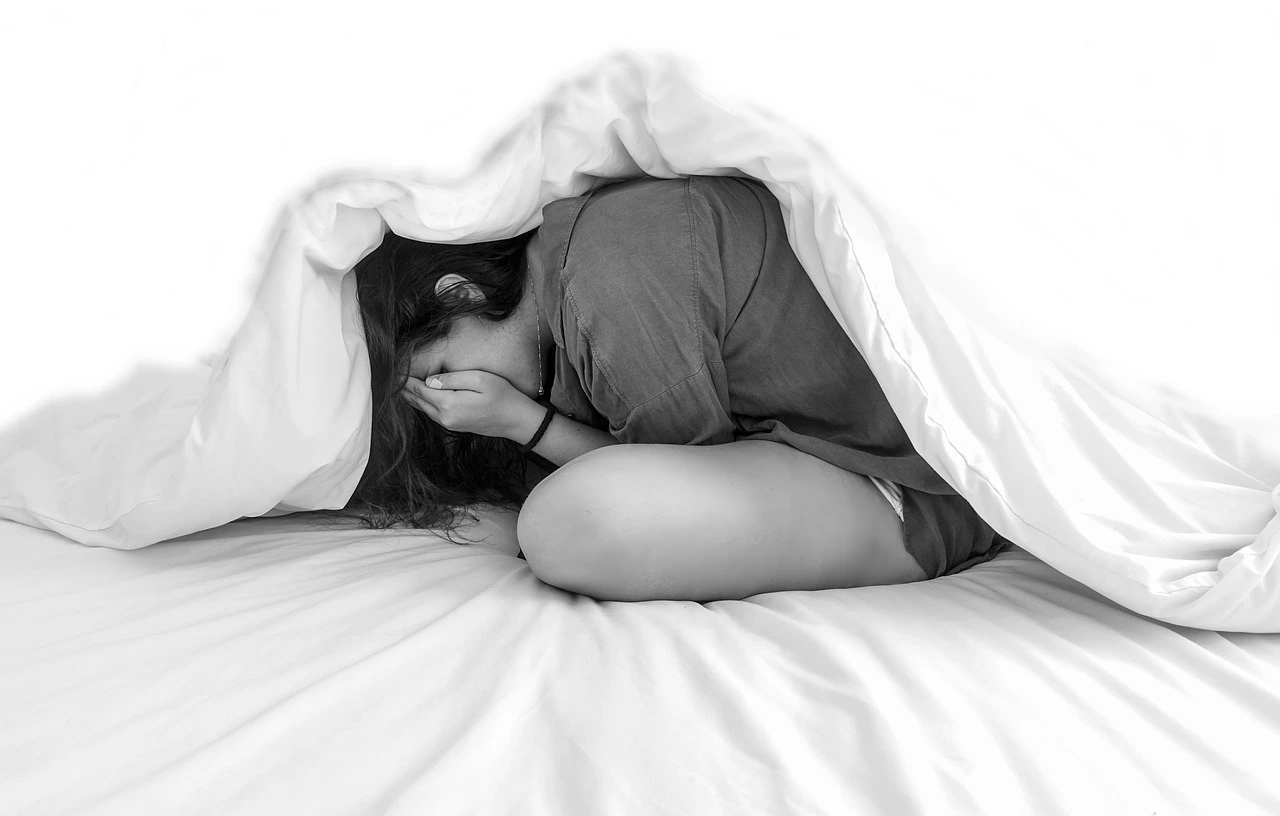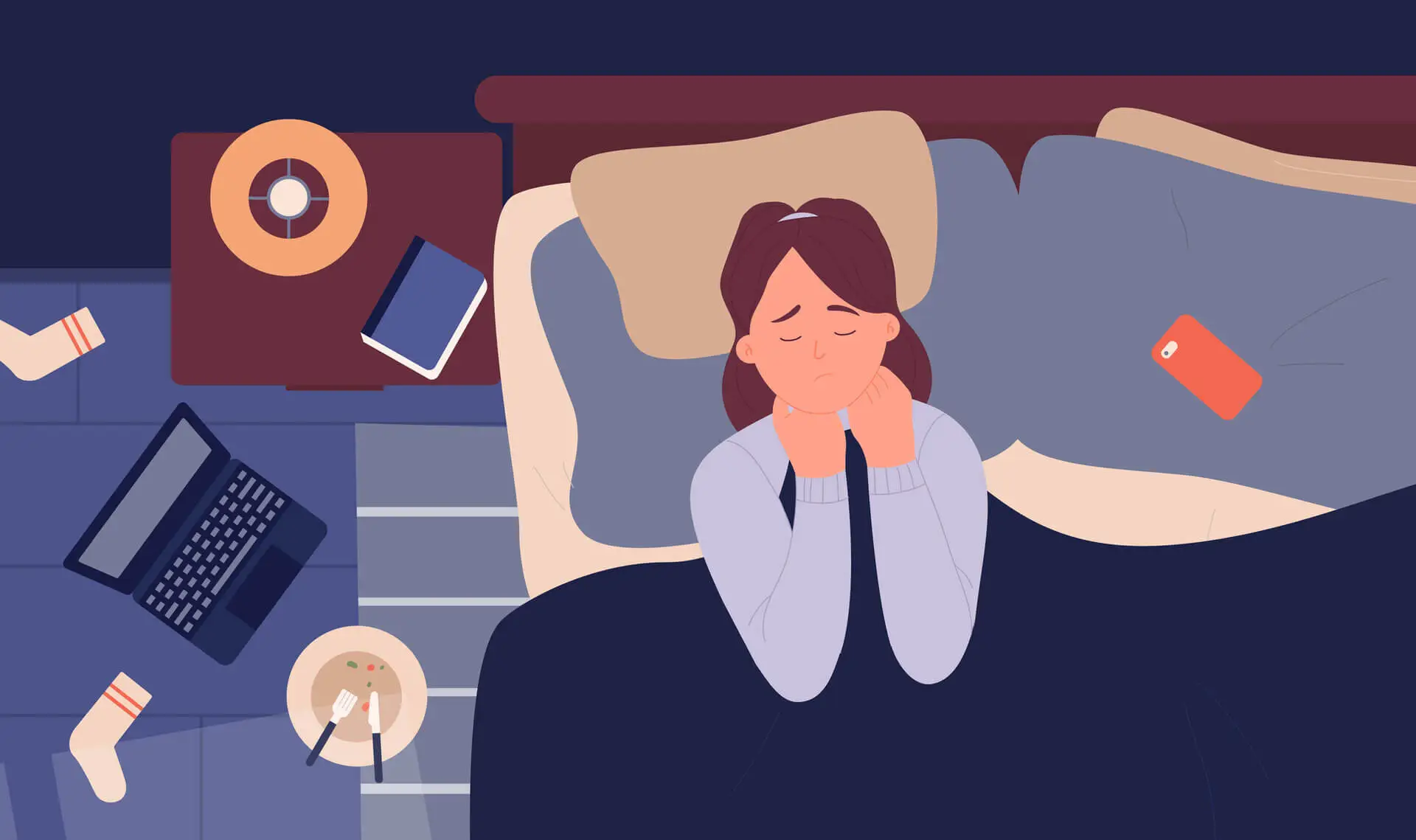Depression is a heavy and often misunderstood condition that can drastically impact someone’s life. It’s more than just feeling sad or down for a few days; it’s a persistent feeling of hopelessness and disinterest that can last for weeks, months, or even years. But how long can depression last without treatment? Let’s dive into this important topic and explore the nuances of untreated depression, its potential duration, and why seeking help is crucial.
Understanding Depression
Before we get into the duration of untreated depression, it’s important to understand what depression is. Clinically known as major depressive disorder (MDD), depression affects how you feel, think, and handle daily activities. Symptoms can range from feelings of sadness and emptiness to physical problems such as fatigue and sleep disturbances. These symptoms must be present for at least two weeks for a diagnosis of depression, but what happens if these feelings persist beyond that?
The Longevity of Untreated Depression
Depression doesn’t adhere to a strict timeline. For some, it may be a transient phase that passes after a few weeks, but for many, untreated depression can linger for months or even years. Let’s break down the different factors that can influence the duration of untreated depression.
Factors Influencing Duration
- Severity of Depression: The severity of depression can play a significant role in how long it lasts. Mild depression might resolve on its own over time, while moderate to severe depression is more likely to persist without intervention.
- Personal Resilience and Coping Mechanisms: Some people have natural resilience or effective coping mechanisms that can help mitigate the effects of depression. However, others might struggle more without proper tools and support, leading to a prolonged depressive state.
- Environmental Factors: Life circumstances such as stress, trauma, financial instability, or lack of social support can exacerbate depression and extend its duration. A supportive environment can make a significant difference in recovery.
- Biological Factors: Genetics and brain chemistry also play a crucial role. If there’s a family history of depression or other mental health issues, the likelihood of experiencing long-term depression increases.
Potential Duration
- Short-Term (a few weeks to a few months): For some individuals, depression might resolve relatively quickly, especially if it’s triggered by a specific event like the loss of a loved one or a major life change. These episodes are often referred to as situational depression and can improve as the individual adjusts to the new reality.
- Medium-Term (several months to a year): Untreated depression often falls into this category. Without intervention, the symptoms can become chronic but may fluctuate in intensity. The person might experience periods of relative normalcy followed by deep troughs of depression.
- Long-Term (years or more): Chronic depression, or dysthymia, is a persistent depressive disorder where symptoms last for at least two years. Without treatment, major depressive episodes can recur throughout a person’s life, leading to a continuous struggle with mental health.

The Risks of Untreated Depression
Prolonged untreated depression can have severe consequences. It not only affects mental well-being but also physical health. Chronic stress and depressive states are linked to an increased risk of heart disease, diabetes, and other serious health conditions. Moreover, untreated depression can lead to suicidal thoughts and actions, making it a potentially life-threatening condition.
The Importance of Seeking Help
Understanding the potential duration and risks of untreated depression highlights the importance of seeking help. Treatment options like therapy, medication, lifestyle changes, and support groups can significantly shorten the duration of depression and improve quality of life.
- Therapy: Cognitive-behavioral therapy (CBT), interpersonal therapy (IPT), and other therapeutic approaches can help individuals understand and manage their depression. Therapy provides a safe space to explore feelings and develop coping strategies.
- Medication: Antidepressants can help balance brain chemicals that affect mood. While medication isn’t a cure-all, it can be an important part of a comprehensive treatment plan.
- Lifestyle Changes: Regular exercise, a healthy diet, adequate sleep, and mindfulness practices can all contribute to better mental health. While these changes alone might not cure depression, they can support overall well-being and complement other treatments.
- Support Groups: Connecting with others who understand what you’re going through can be incredibly beneficial. Support groups provide a sense of community and shared experience that can reduce feelings of isolation.
If you’re looking for a certified Arlington depression treatment center, just contact Elysian Psychological Services today. We are always happy to help!
Breaking the Stigma
One of the biggest barriers to seeking treatment is the stigma surrounding mental health. Many people feel ashamed or embarrassed to admit they’re struggling, which can prevent them from getting the help they need. It’s important to remember that depression is a medical condition, not a sign of weakness. Seeking help is a courageous and vital step toward recovery.
Moving Forward
If you or someone you know is struggling with depression, it’s crucial to take action. Here are some steps to consider:
- Acknowledge the Problem: Recognize that depression is a serious condition that requires attention. Denial or minimizing the issue only prolongs suffering.
- Reach Out for Help: Talk to a trusted friend, family member, or healthcare professional. Sharing your feelings is the first step toward finding a solution.
- Explore Treatment Options: Research different treatment options and find what works best for you. It might take time to find the right combination of therapy, medication, and lifestyle changes, but persistence is key.
- Stay Connected: Isolation can worsen depression. Stay connected with supportive people in your life, and consider joining a support group.
- Take Care of Your Health: Prioritize self-care. Regular exercise, healthy eating, and adequate sleep can make a significant difference in managing depression.
Read more about “How Unresolved Grief Affects Relationships” on our blog page now!

Final Thoughts
Depression is a complex and challenging condition, but it’s important to remember that it’s treatable. While untreated depression can last for an extended period, seeking help can significantly shorten its duration and improve your quality of life. Don’t hesitate to reach out and take the first step toward recovery. You deserve to feel better, and with the right support, you can navigate the path to healing. Depression can persist for months or even years without proper treatment, affecting every aspect of your life. Don’t let it linger; take control of your mental health today. Elysian Psychological Services offers compassionate and effective support to help you overcome depression. Reach out now and start your journey to a brighter, happier future. Your well-being is worth it—schedule an appointment with Elysian Psychological Services.


